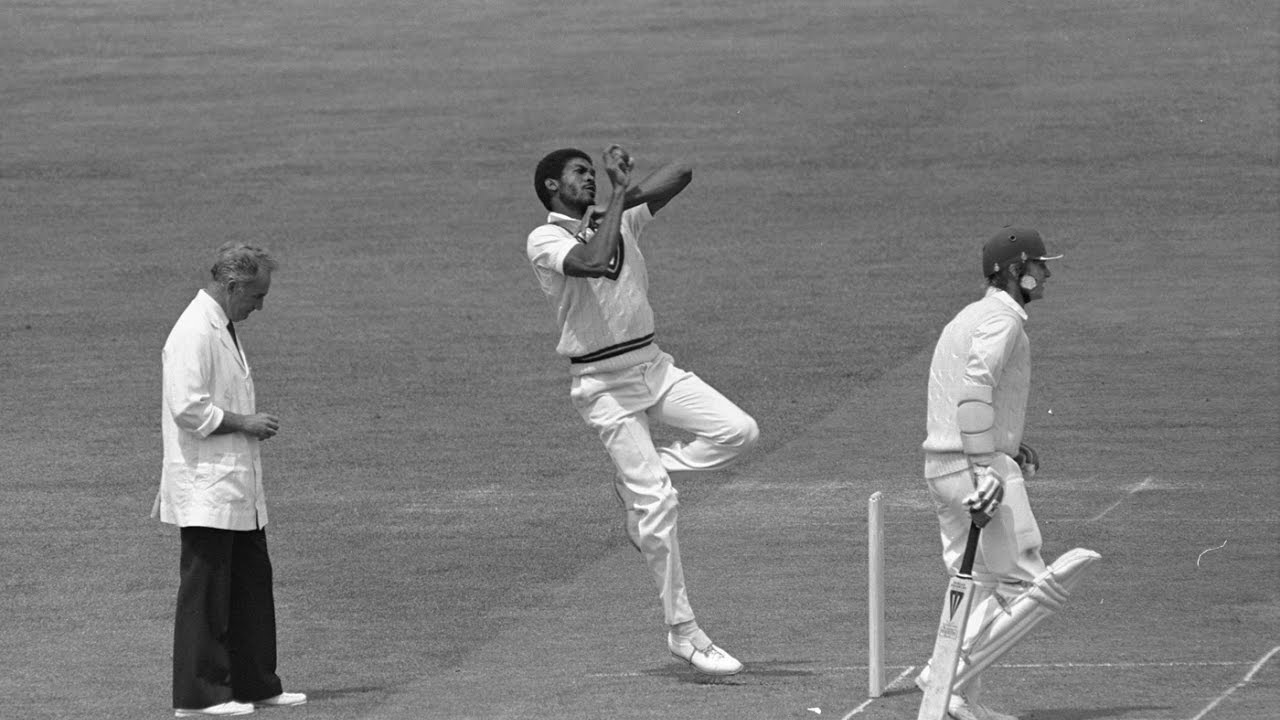History of Cricket
At the point when the Imperial Cricket Conference was established in 1909, just England, Australia and South Africa were individuals. West Indies (1928), New Zealand (1930) and India (1932) progressed toward becoming Test countries before the Second World War and Pakistan (1952) soon a short time later. The worldwide amusement developed with a few ICC Affiliate Members being selected and, in the last quarter of the twentieth century, three of those turned out to be full individuals: Sri Lanka (1982), Zimbabwe (1992) and Bangladesh (2000).
Test cricket remained the game's largest amount of standard all through the twentieth century yet it had its issues, outstandingly in the scandalous "Bodyline Series" of 1932– 33 when Douglas Jardine's England utilized alleged "leg hypothesis" to attempt and kill the run-scoring splendor of Australia's Don Bradman.
In the 1960s, English district groups started playing a variant of cricket with amusements of just a single innings each and a most extreme number of overs per innings. Beginning in 1963 as a knockout rivalry just, constrained overs cricket developed in prevalence and, in 1969, a national class was made which thusly caused a diminishment in the quantity of matches in the County Championship.
Albeit many "conventional" cricket fans protested the shorter type of the amusement, constrained overs cricket had the benefit of conveying an outcome to onlookers inside a solitary day; it improved cricket's interest to more youthful or busier individuals; and it proved monetarily effective.
The principal restricted overs universal match occurred at Melbourne Cricket Ground in 1971 as a period filler after a Test coordinate had been relinquished in view of substantial rain on the opening days. It was attempted basically as a test and to give the players some activity, however ended up being hugely mainstream. constrained overs internationals ( ODIs—one-day internationals) have since developed to wind up noticeably a hugely mainstream type of the amusement, particularly for occupied individuals who need to have the capacity to see an entire match. The International Cricket Council responded to this improvement by arranging the primary Cricket World Cup in England in 1975, with all the Test-having countries taking influence.
In June 2001, the ICC presented a "Test Championship Table" and, in October 2002, a "One-day International Championship Table". As showed by ICC rankings the different cricket groups have kept on being a noteworthy aggressive game in most previous British Empire nations, prominently the Indian subcontinent, and new members including the Netherlands. In 2017, the quantity of nations with full ICC participation was expanded to twelve by the expansion of Afghanistan and Ireland.
The ICC extended its advancement program, expecting to create more national groups fit for contending at the different arrangements. Advancement endeavors are centered around African and Asian countries, and on the United States. In 2004, the ICC Intercontinental Cup conveyed five star cricket to 12 countries, for the most part out of the blue. Cricket's freshest development is Twenty20, basically a night diversion. It has so far delighted in gigantic notoriety and has pulled in huge attendances at matches and also great TV gathering of people evaluations. The inaugural ICC Twenty20 World Cup competition was held in 2007. The arrangement of Twenty20 alliances in India – the informal Indian Cricket League, which began in 2007, and the official Indian Premier League, beginning in 2008 – brought much theory up in the cricketing press about their impact on the fate of cricket


Nice article,keep up the good work
Thanks for your support@sweetinnovation